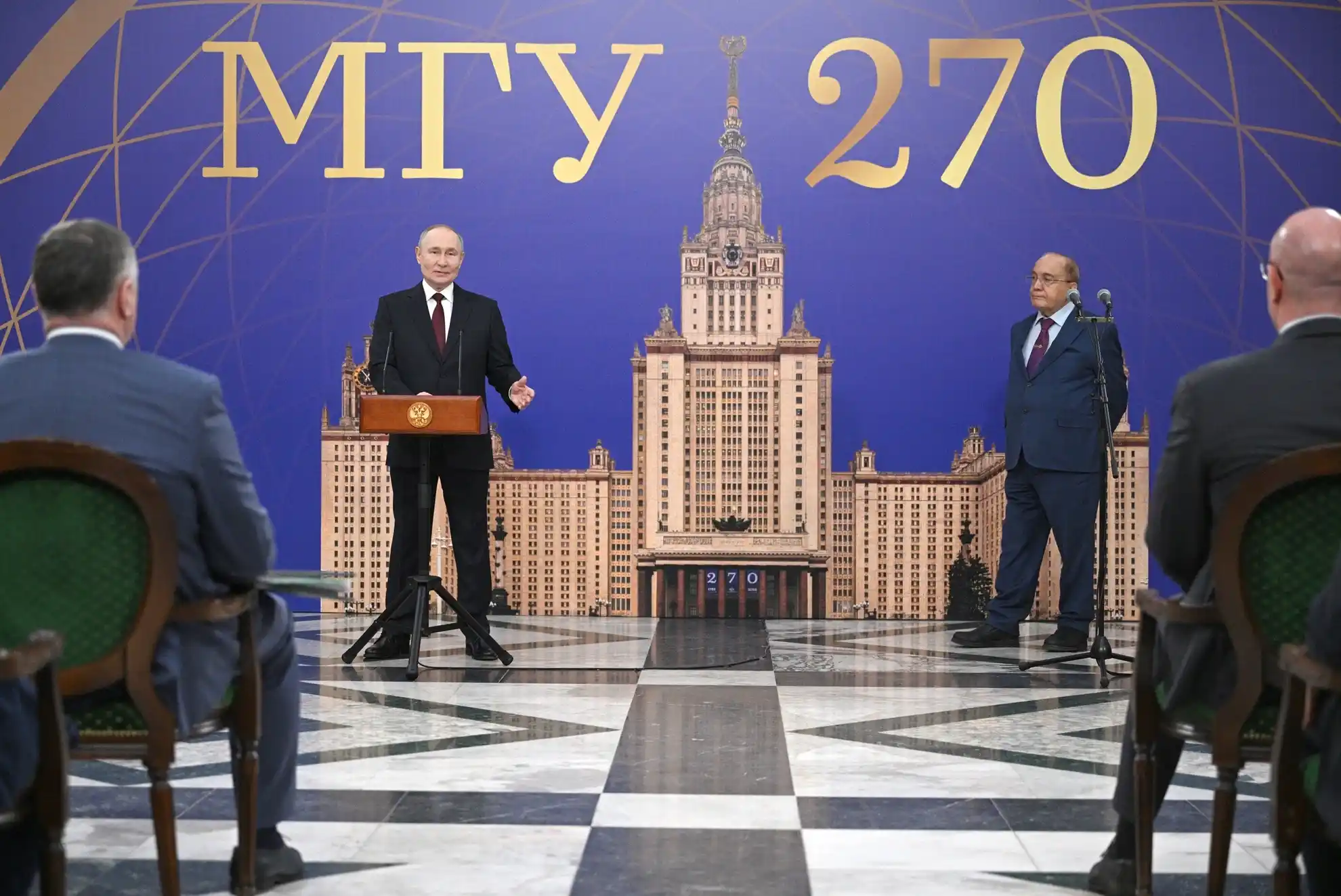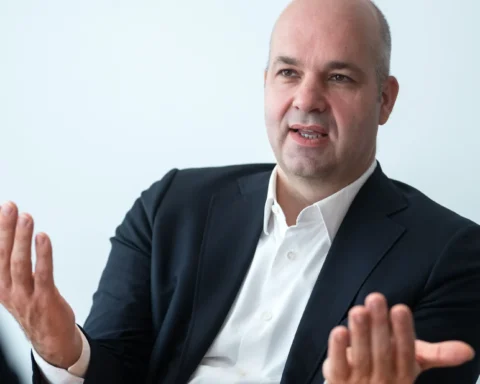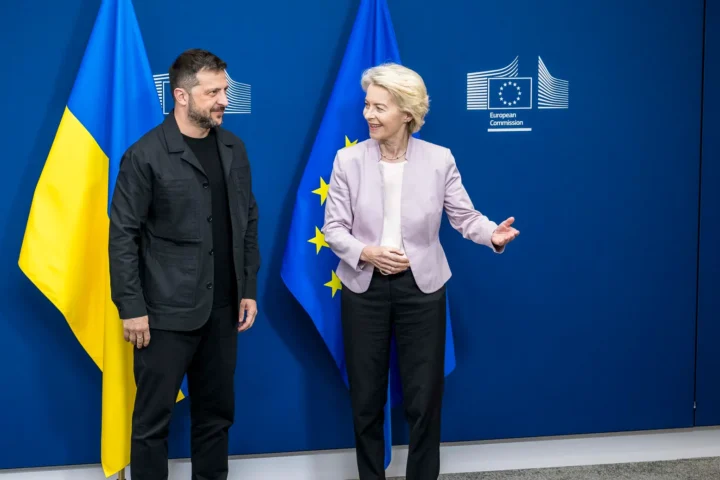In a stunning policy shift, Moscow has announced the abolition of bachelor’s and master’s degree programs across the country, effective January 1, 2025. The decision, seen by many as an aggressive strategy to stem the exodus of young talent, fundamentally alters Russia’s higher education system and isolates it from global academic standards.
Departure from the Bologna System
The move marks Russia’s formal departure from the Bologna system, the internationally recognized framework that standardizes higher education qualifications. By abandoning this system, Russian university diplomas will no longer be valid under existing global agreements, significantly limiting the ability of graduates to seek employment abroad.
While Russia will continue to recognize foreign degrees, those who study abroad may soon face new hurdles in returning to work in their home country. Meanwhile, with mounting restrictions on emigration, opportunities for young professionals to seek education and employment overseas are rapidly diminishing.
Impact on Professionals and Industries
Experts warn that this shift disproportionately impacts Russia’s brightest minds, particularly in science and technology, sectors already suffering from a significant brain drain. Analysts argue that by cutting off pathways to global mobility, the government is effectively trapping skilled professionals within a shrinking domestic job market.
The Kremlin’s decision has sparked widespread concern among students, educators, and industry leaders, who fear that the policy will further stifle innovation and economic growth. As Russia reconfigures its education system in isolation, the long-term consequences for the country’s intellectual and technological advancement remain uncertain.


















